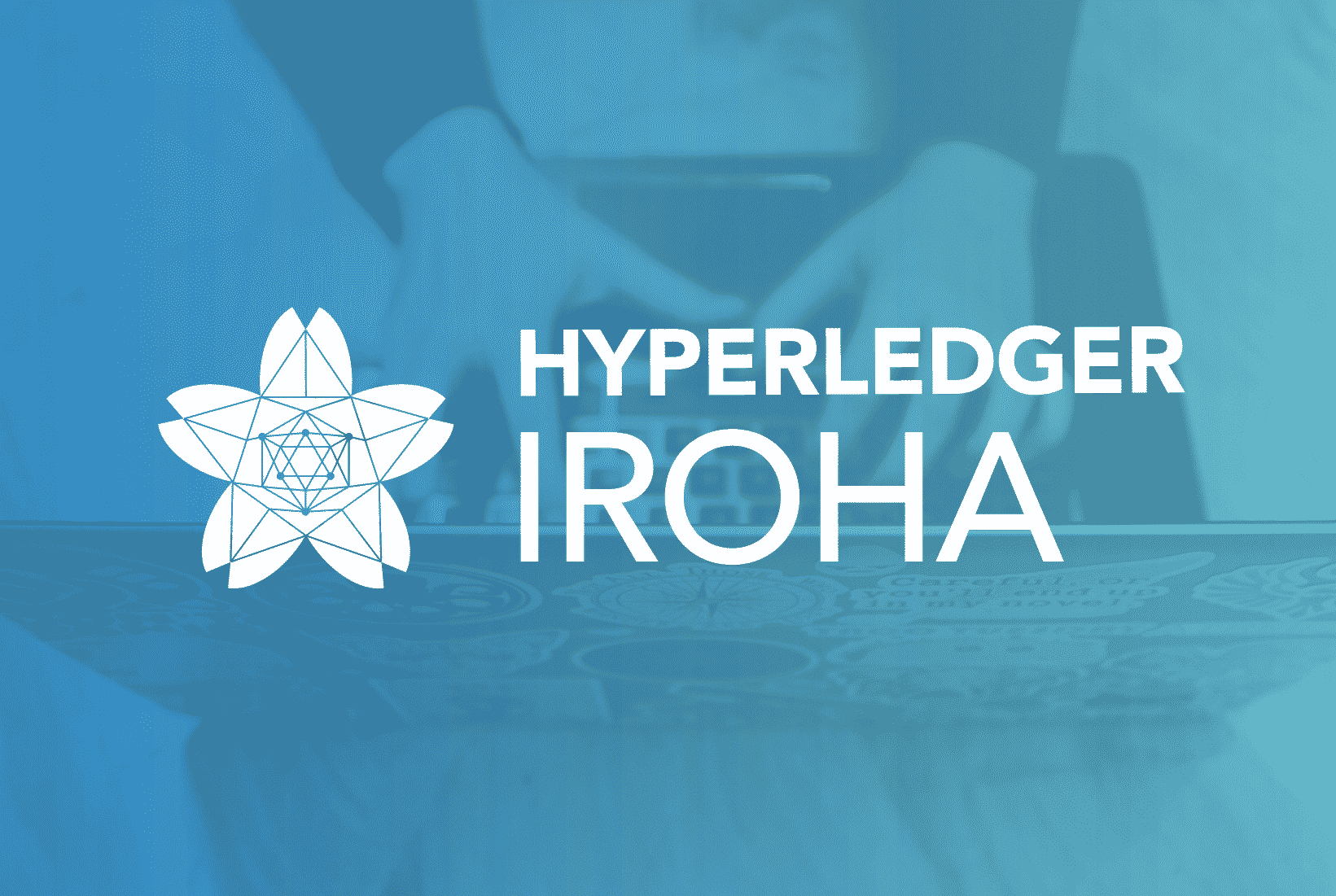
Hyperledger, the Linux Foundation’s open business blockchain
consortium, has announced the launch of the first production-ready version of Hyperledger
Iroha, a general purpose permissioned blockchain system designed with a focus
on simplicity and mobile-oriented business use cases in finance and identity
management.
Hyperledger Iroha is the fourth active Hyperledger project
to reach 1.0 following Hyperledger Fabric, Hyperledger Sawtooth and Hyperledger
Indy. Hyperledger said the release will complement the organization’s projects
by providing an alternative solution for implementing blockchain networks to
mobile devices.
“It’s extremely gratifying to see another one of Hyperledger’s
active projects hit the 1.0 milestone,” said
Brian Behlendorf, executive director of Hyperledger.
“This is a huge testament to the strong collaboration of our growing community. I look forward to seeing development efforts around Hyperledger Iroha continue to grow and more and more productions systems powered by the framework later this year.”
According to Makoto Takemiya, a Hyperledger Iroha
contributor and the CEO and co-founder of Japanese blockchain company Soramitsu,
it takes just ten minutes to begin building a blockchain with Hyperledger
Iroha.
“When it comes to solutions for business, it is critical
that the technology is fit for the task and easy to integrate. Moreover, it
must be reliable and safe so a business can trust it,” Takemiya wrote in a blog
post.
“Hyperledger Iroha provides safety with its decentralized consensus algorithm and reliability with a tested set of commands and queries. With them you can be sure that the code will do exactly what it is supposed to do — whether you want to add information to, or get information from, the ledger.”
Hyperledger Iroha has already gained traction with the
community and enterprises, Takemiya said. The Moscow Exchange Group’s National
Settlement Depository is using Hyperledger Iroha in D3 Ledger, an interoperable
blockchain network enabling financial institutions from different markets to
issue, store, trade, and exchange digital assets. The platform is also being
used in asset management, identity management, and payment systems.
Hyperledger Iroha comes with an easy-to-use API and a
universal peer model. It has a modular architecture making it additive to existing
projects using other Hyperledger technologies and provides a library of
reusable components. Blockchain-powered applications can be written in Python,
Java, JavaScript and C++ as well as for the Android and iOS mobile platforms.
Key features of Hyperledger Iroha 1.0 include its Byzantine
fault tolerant consensus algorithm, called YAC, that is high-performance and
allows for finality of transactions with low latency, as well as fully
operational multisignature transactions.
Hyperledger Iroha was contributed by
Soramitsu, Hitachi, NTT Data and Colu.

